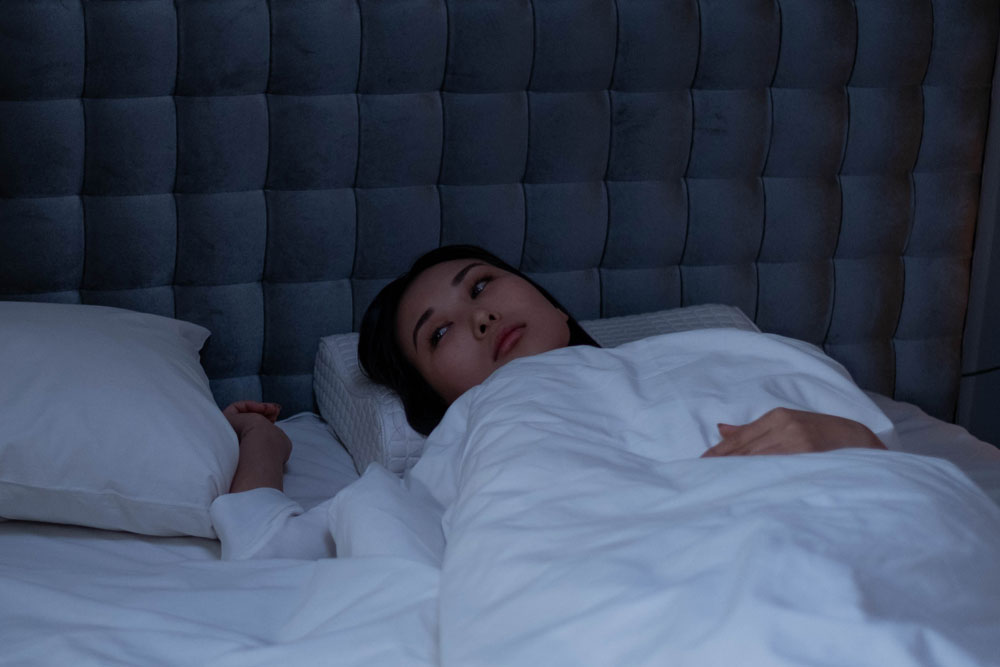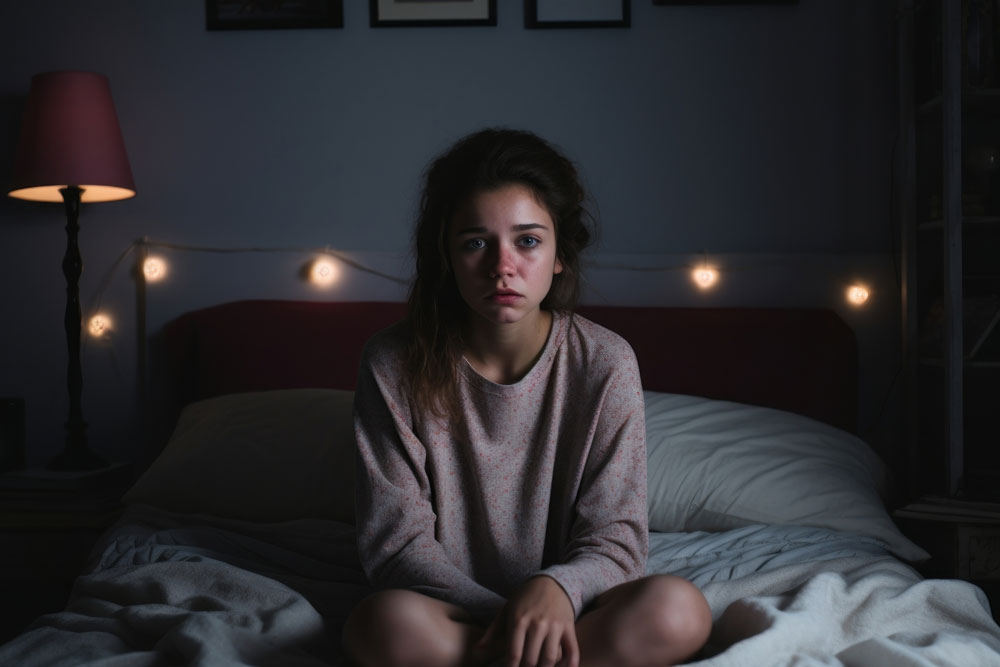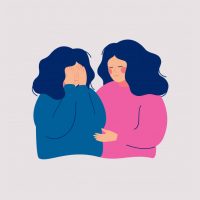Can’t Sleep? You May Have Insomnia
Published on August 1st, 2018
Updated on January 7th, 2024

If you are finding yourself having trouble with either falling asleep or staying asleep you may be suffering from insomnia. Insomnia is a disorder in which a person struggles to maintain healthy sleep patterns. Their struggle will prevent them from getting adequate rest throughout the night. As a result, people with insomnia struggle to cope with everyday stressors in a healthy way.
There are different ways a person may suffer from insomnia. Some people with insomnia will struggle to fall asleep. Others may struggle to stay asleep through the night. It may or may not affect a person on a nightly basis, but it will occur often enough that their life is impacted in some way.
Insomnia causes a person to have low energy and emotional sensitivity. Many people with insomnia will suffer from anxiety and depression as a result of exhaustion.
Insomnia will affect many areas of a person’s life, including:
Sponsored by

Choose a therapist to work with and start healing with 20% off from BetterHelp.
Click Here- Mental health
- Physical and medical health
- Job performance
- Academic performance
- Self-esteem
- Emotional stability
- Relationships
People who suffer from insomnia often feel desperate to get a restful night’s sleep. Not being able to sleep well is frustrating, which can cause their emotions to be heightened. Emotional sensitivity can cause people with insomnia to lash out at others, avoid sources of stress and fall behind on their responsibilities.
Symptoms of Insomnia
A person can experience symptoms of insomnia at any time, but the risk of experiencing insomnia increases with age. Symptoms of insomnia may be related to another mental health or medical condition. It can also occur due to a biological or stress-related issue.
Symptoms of insomnia include:
- Difficulty with falling asleep
- Difficulty with staying asleep
- Waking up periodically during the night
- Having restless sleep
- Waking up before dawn
- Feeling fatigued throughout the day
- Poor ability to manage stress
- Irritability
- Depression
- Anxiety
- Difficulty focusing

Causes of Insomnia
Insomnia is a common disorder, so many people will experience insomnia at some point in their lives. How a person experiences insomnia depends on what has caused their sleep issues.
There are three types of insomnia a person may experience:
- Cyclic Insomnia affects a person sometimes, but not all the time.
- Acute Insomnia only affects a person for a few weeks.
- Chronic Insomnia has a long-term effect on a person’s ability to sleep
Each of these types of insomnia will be caused by a different reason.
The cause of a case of insomnia plays a role in treating the condition, so it is important to identify the type of insomnia a person is experiencing and the cause of the condition.
Common causes of insomnia include:
Mental Health Issues. Some mental health issues, like anxiety, depression, sleep apnea and PTSD, will cause insomnia.
Poor Stress Management Skills. People who struggle with managing stress may experience insomnia. Triggers for stress may include:
- Work or school
- Social or relationship issues
- Family stress
- Adjustment to a new or changing environment
- Adjustment to a life change
- A change in the affected person’s daily schedule
- Grief
- Aging
- Medical issues
Not knowing how to calm your mind before bed will significantly impact how you are affected by insomnia.
Substance Use. Substance use or alcoholism may cause insomnia by interrupting an affected person’s sleep-wake patterns.
Internet or Screen Addiction. Excessive use of the Internet, smartphones, tablets, video games and computers may cause insomnia. Spending too much time in front of a screen is a common mistake that can cause restless sleep. Prioritizing screen-time over time to gradually wind down the brain is also unhelpful for sleep.
Video Game Addiction. People who suffer from video game addiction often suffer from insomnia. Video games are especially stimulating to the mind, and people who suffer from video game addiction often play for hours at a time.
Video game addiction causes a person to neglect other physical and mental health needs, which can be disruptive to a healthy sleep cycle. Prioritizing gaming over sleep causes insomnia. It prevents the development of healthy sleep hygiene.
Caffeine Addiction. Caffeine addiction will severely impact a person’s ability to get a restful night’s sleep. People who suffer from caffeine addiction often drink it throughout the day. This causes the brain and body to be constantly stimulated, making restful sleep impossible.
Diet and Exercise. Maintaining a healthy diet and exercise routine is important for healthy sleep. Certain foods may cause insomnia and sleep issues. A lack of exercise prevents excess energy from being exhausted, which will also prevent restful sleep. Maintaining a diet for better sleep and regular exercise are important for preventing insomnia.
Medication. A side effect of certain medications is insomnia and sleep issues.

Treatment for Insomnia
There are treatment options available to alleviate the symptoms of insomnia. A physician may medication, but it is important to learn skills to manage healthy sleep hygiene. Relying on medication alone is not sufficient for managing insomnia.
Therapeutic approaches for insomnia include:
- Cognitive-Behavioral Therapy (CBT) may be used to teach the affected person how to manage racing thoughts while trying to fall asleep.
- Relaxation and Mindfulness Exercises or insomnia teach the following skills for improving sleep:
- Relaxation techniques
- Sleep hygiene skills
- Meditative practices
- Hypnosis can help in the treatment of insomnia by putting the affected person into a deeply relaxed state before working through sleep issues.
Sponsored by

Find an affordable therapist online with 20% off from BetterHelp.
Click Here






Leave A Reply